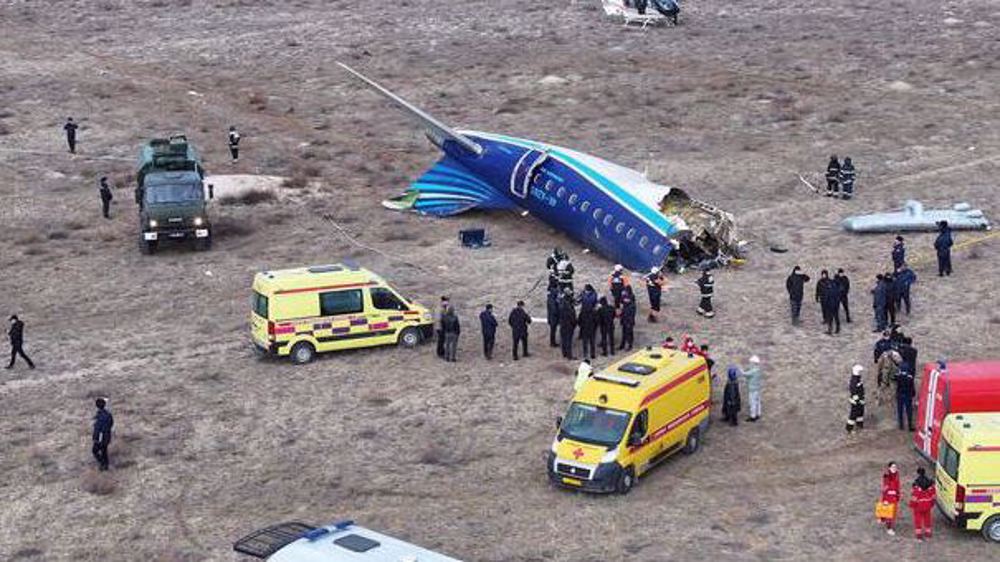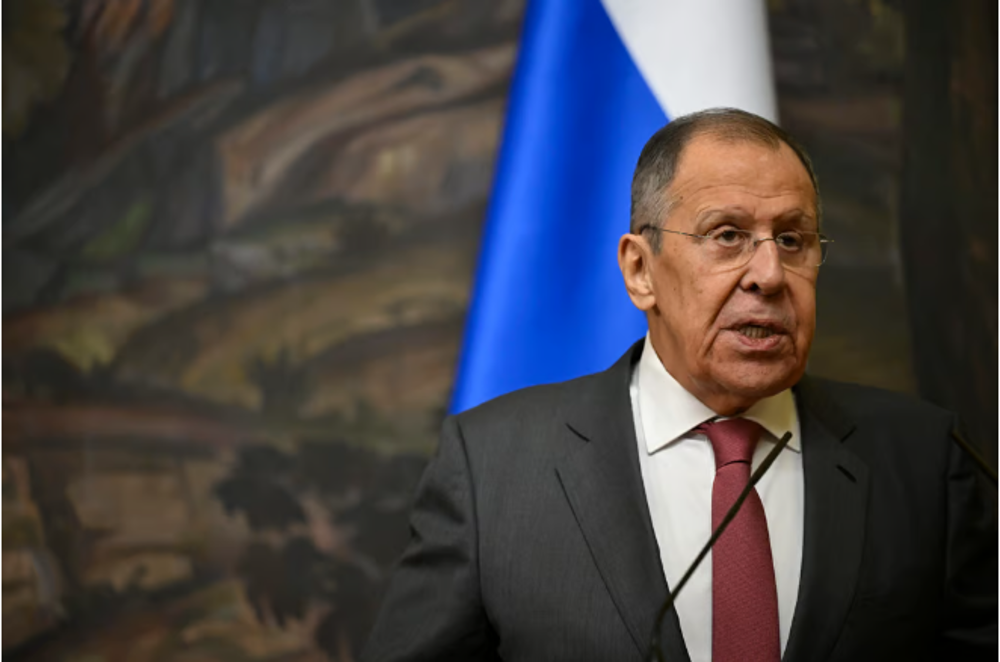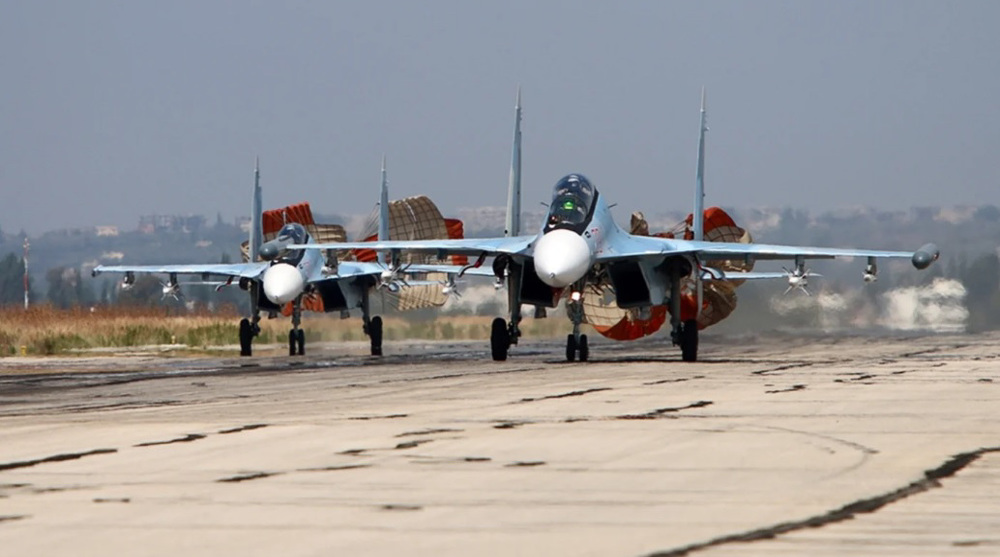Russia’s military resurgence impressive: NATO
The North Atlantic Treaty Organization (NATO) says the Russian army has achieved “impressive” progress in recent years to become “a very serious adversary” to the military bloc and the United States.
The Supreme Allied Commander Europe of NATO Allied Command Operations, General Curtis Michael Scaparrotti, made the remarks at the Aspen Security Forum on Friday, adding that Russia’s military is now "more professional" and "agile" at thinking.
“I’m impressed with the fact that they’ve taken a force that really had some serious problems only a few years ago,” said Scaparrotti, who also heads the US European Command, pointing to Russia's major military reforms and re-armament in recent years.
“They’ve fired long-range precision missiles from submarines, from surface ships, from medium bombers, all at Syria,” he added, referring to Moscow’s anti-terror campaign in war-torn Syria, which started on September 30, 2015 based on a request from the Syrian government.

He went on to say that much of Russians’ military policy is based on the early Soviet doctrine and they are “adjusting their doctrine off that basis, which is impressive.”
Relations between Russia and NATO became tense in June 2014 over the crisis in Ukraine, where the government and its Western allies accuse Moscow of backing pro-Russia forces in the east of the country. The Kremlin strongly denies the allegation.
In March that year, the then-Ukrainian peninsula of Crimea joined the Russian Federation following a referendum in March 2014, further angering the West. Since then, Russia has faced an array of economic and military sanctions imposed by the European Union and the US over Crimea.

NATO accuses Russia of massive militarization at the bloc’s eastern borders, saying the move is disturbing its allies in those regions, while Moscow says NATO is brandishing the so-called Russian threat to expand eastward and include countries in the Balkan region. Russia says the move directly harms Russia’s strategic interests in the Balkans.
As a response to the NATO’s growing build-up in Eastern Europe and the worsening security situation in Ukraine, Russia has boosted its southwestern military flank, saying the move is to counterbalance the military alliance's expansion.
Israel’s Shin Bet claims spying for Iran up 400% in 2024
Leader extols Gen. Soleimani's sacrifices to revitalize Resistance Front
No one can separate Taiwan from China: President Xi
Dec. 31: ‘Axis of Resistance’ operations against Israeli occupation
Iran slams US, UK attacks on Yemen, warns of ‘dangerous consequences’ for region
Abductions, extra-judicial killings surge in Syria under HTS rule: Report
US has provided over $22 billion to Israel’s military since Oct. 2023: Report
VIDEO | 2024: A year of genocide and struggle in West Bank












 This makes it easy to access the Press TV website
This makes it easy to access the Press TV website